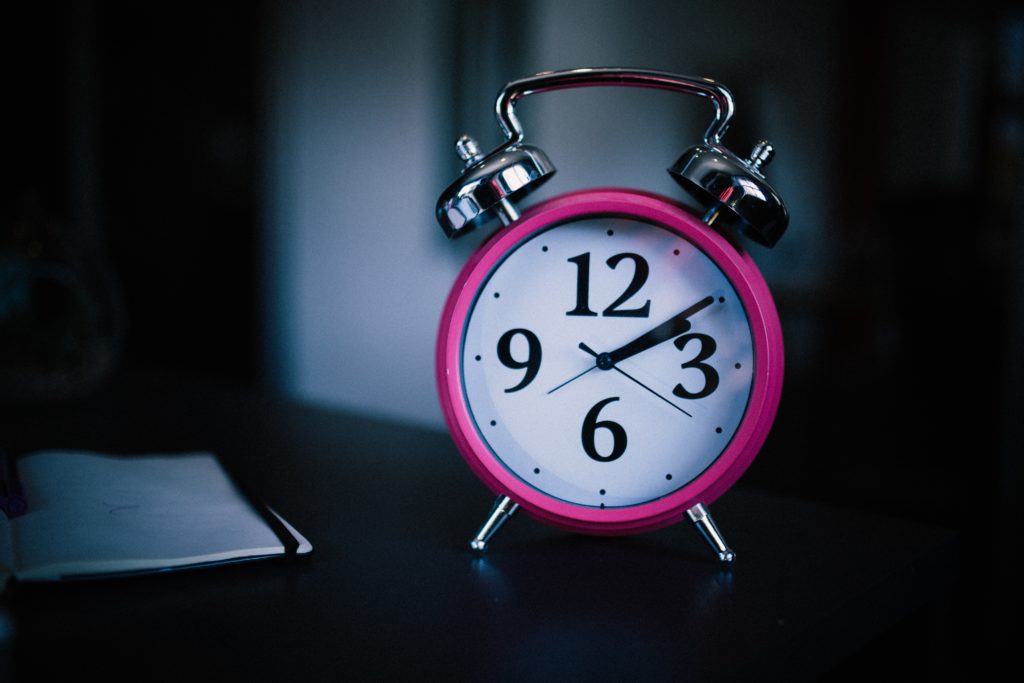Better Sleep Practice
 download the pdf here:Better Sleep Practice
download the pdf here:Better Sleep Practice
- Comfort is a key component of good sleep practice. It is important that the space you sleep feels safe and comfortable and is as quiet and dark as possible. In shared accommodation and student locations it may be necessary to use ear plugs or eye masks. A cooler room with enough bedding to stay warm is best for encouraging good sleep.
- Consistency. One of the most effective ways to train yourself to sleep well is to go to bed and get up at approximately the same time every day, even on weekends. This means even if you don’t have an early lecture you should still get up. This regular pattern will make you feel better and train the brain to know when to sleep.
- Avoid caffeine, alcohol & nicotinefor at least 4-6 hours before going to bed. Caffeine and nicotine are stimulants which negatively impact your ability to fall asleep. Alcohol can assist in initially falling to sleep but it actually disrupts the quality of sleep, which can leave you feeling exhausted and unrested.
- Routines.You can develop your own rituals of things to remind your body that it is time to sleep – some people find it useful to do relaxing stretches or breathing exercises for 15 minutes before bed each night, or sit calmly with a cup of caffeine-free tea.
- Listen to your Body. Only try to sleep when you feel tired, rather than risk spending too much time in bed awake. You want to train the brain that bed is for sleeping.
- Bed is for sleeping and sex only. You want to train your brain to associate bed with sleep. Where possibly avoid studying on your bed, watching or streaming and programmes or movies as this weakens the association.
- If first you don’t succeed try again. If you have been unable to get to sleep after about 20-30 minutes get out of bed and do something that is calming, or boring, until you feel sleepy, then return to bed and try again. Do not use any screens during this time. We suggestsitting quietly on the couch with the lights off as bright lights trick the brain that it is time to wake up. Alternatively in low light you could or read something boring like the phone book. Try to avoid doing anything that is too interesting, as it risks waking you up even more.
- Avoid naps.When your sleep has been poor the tendency is to want to nap during the day. If possible avoid this as it may mean you do not feel tired when you want to go to bed in the evenings. If you cannot make it through the day make the nap less than an hour and before early afternoon.
- Warm up. Having a hot bath or shower approximately 1-2 hours before bedtime can be useful.It will raise your body temperature, which can trigger feeling sleepy as your body temperature drops again.
- No clock-watching. When people can’t sleep they often focus on the time and think about lost sleep or the time it is taking to get to sleep. Frequently checking the clock during the night can wake you up. This often activates the brain and increases anxious thoughts such as, “look how late it is, I’ll never get to sleep” or “it’s so early, I have only slept for 4 hours, I’m going to be exhausted.”
- Sleep diary. This can initially help to get an accurate pattern of sleep patterns but because a diary involves watching the clock it is a best to only use it for a couple weeks to get an idea of what is going. A couple of months later you could reintroduce this to see how you are going.There are now several sleep apps that may offer similar options, without you having to watch the clock.
- Regular exercise is a useful to facilitate good sleep, early exposure to sunlight during the day also helps with sleepiness in the evenings. Try not to do strenuous exercise in the 4 hours before bedtime. Morning walks or runs are a great way to start the day feeling refreshed!
Return to online support
